
This institute was founded in 1991 and its mission is to contribute with high quality standards to the increase of productivity and diversification of the agricultural and agroindustrial sector through applied research, technology transfer, services and training of human resources.
Through this institute, the Universidad de La Frontera wants to generate and transfer applied and technological knowledge in those areas, which have an impact on the development of the Araucanía Region and Chile. It is also a reference for research and business services, state institutions and different organizations related to the food sector.
Its main laboratories offer high quality services in the fields of microbiological wastewater, food and water analysis, of soil and plants, plant protection analysis, and seed and grain analysis. It also has a pilot facility to support entrepreneurship and micro-, small and mid-sized enterprises in the Chilean food industry, seeking to generate and scientifically evaluate product ideas (food, ingredients, additives and packaging) to satisfy the consumer market´s tendencies and needs. It also has a training and continuous training unit and a consultancy and study unit.
Teachers, researchers and professionals from different disciplines are associated to the Institute, for the design and execution of research and development projects, innovation, technology transfer, as well as training and continuous training, with impact in the areas of competence. This is strengthened by the institute´s enduring cooperation with the Doctorate in Natural Resource Sciences and the Scientific and Technological Bio resource Nucleus (BIOREN) of the UFRO.
The capacities, talents, experience and value of the continuous cooperation of this institute have enabled it to successfully face the different challenges it has been involved in.
| Director: Luis Torralbo Barría  This email address is being protected from spambots. You need JavaScript enabled to view it. This email address is being protected from spambots. You need JavaScript enabled to view it.  Phone: +56-45-2325052 Phone: +56-45-2325052 |
 Website Website |
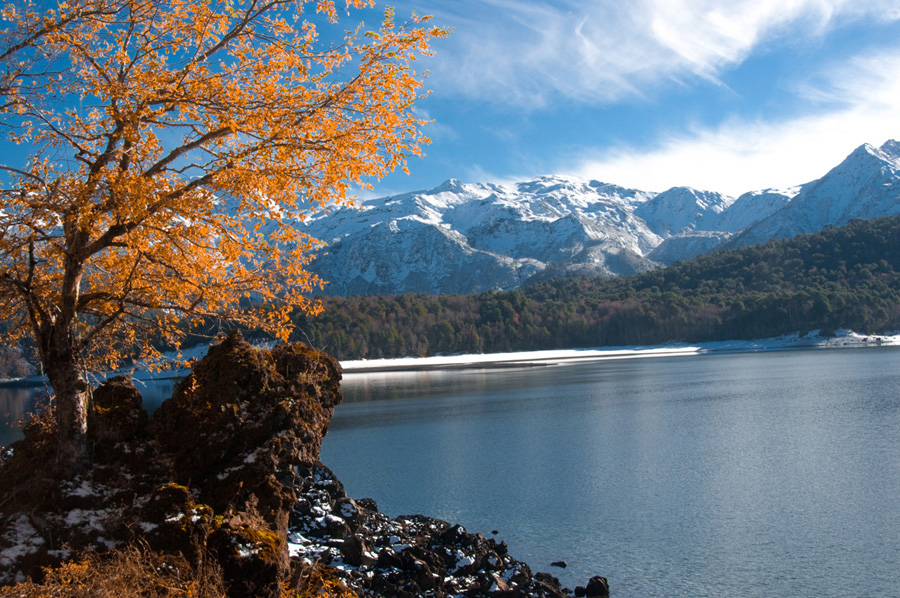
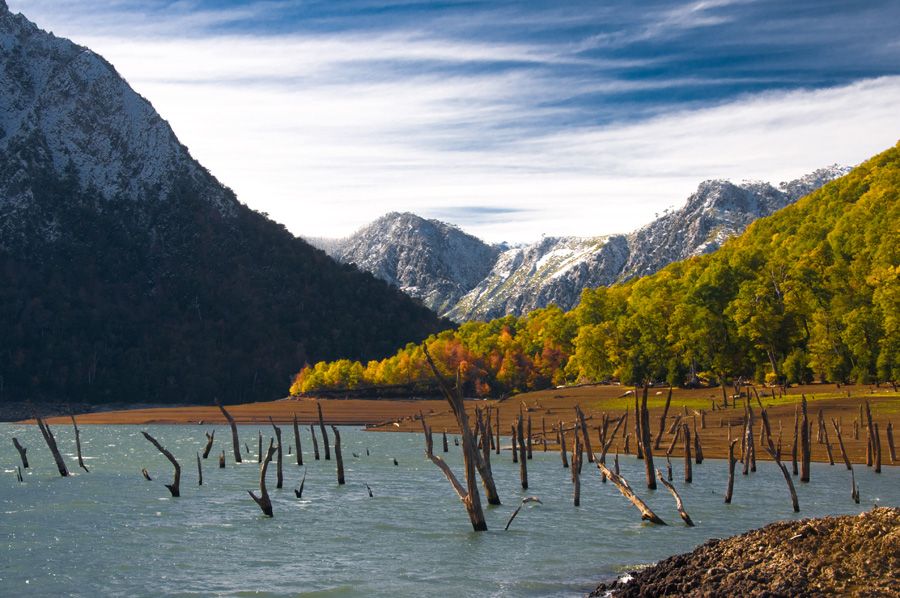
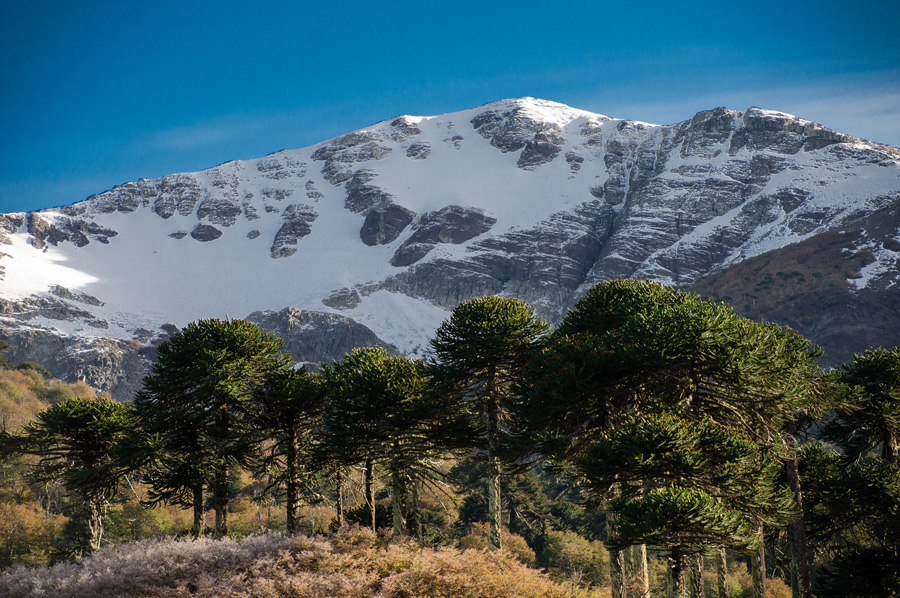
In the south of Chile, you will find a growing university destination made of quality and excellence: Universidad de La Frontera. Located in the city of Temuco, this higher education center is embedded in the very heart of Región de La Araucanía, characterized by its cultural diversity, the warmth of its people and a privileged natural environment.
With years it has become an interesting destination for young people and professionals, both local and foreigners, who have chosen to continue their
studies in an attractive city and with an extensive academic offer.
Distant 700 kilometers away from Santiago (Chilean capital city), this region stands out for its millenary native forests, lakes, rivers, well desired spring waters as well as National Parks and Reserves which you can explore through their trails. Its coastal zone is also remarkably beautiful, which
invites you to enjoy local cuisine and all the generosity of seafood.
Together with nature, this region also stands out thanks to its cultural and historical legacy coming from Mapuche people, whose community and heritage can be admired in different destinations, all of which renders identity to this zone and opens space for intercultural coexistence.
NATIONAL & INTERNATIONAL RANKINGS
Universidad de La Frontera has been ranked 7th nationally and in the section 601-800 worldwide, as the 6th at national level “BRICS and Emerging Economies” and 26th in Latin America, according to the Times Higher Education.

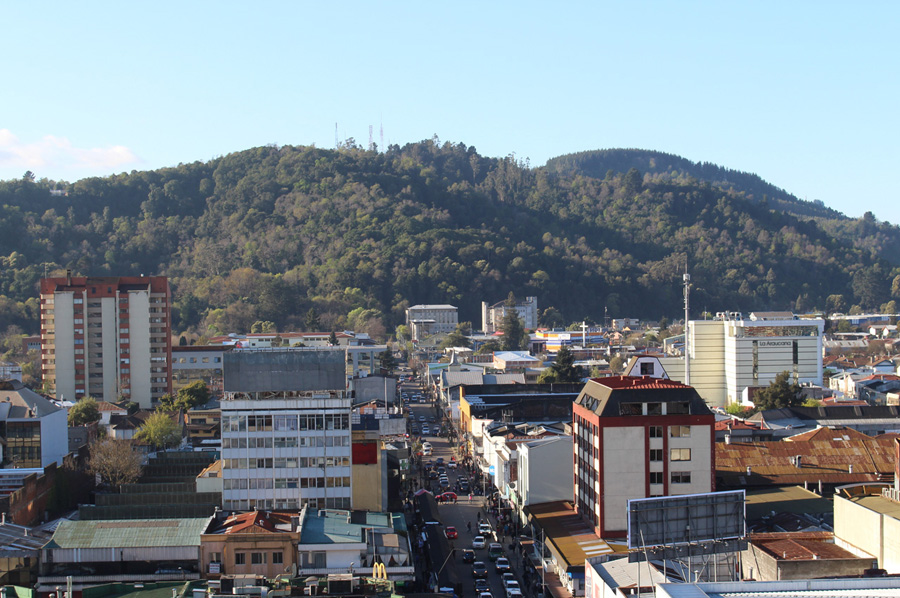
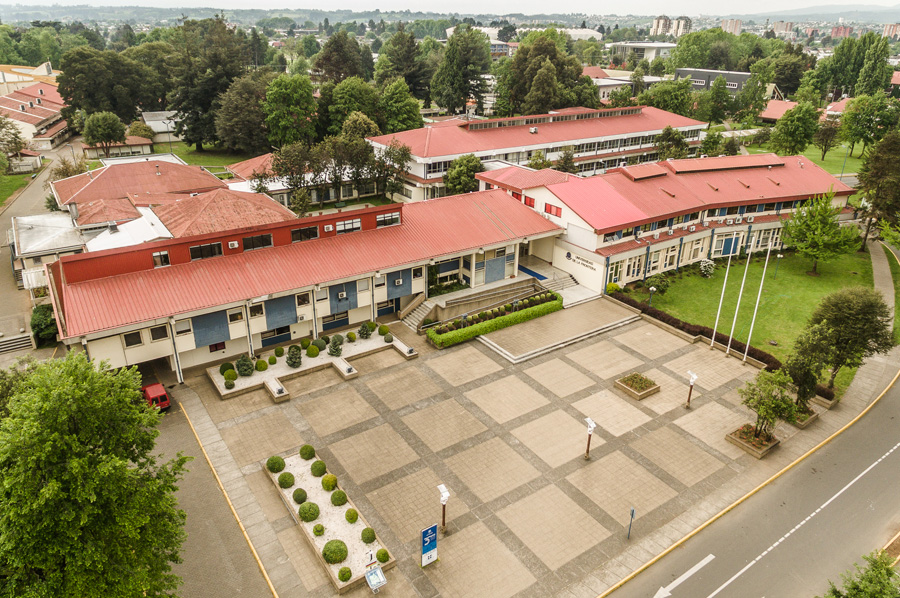
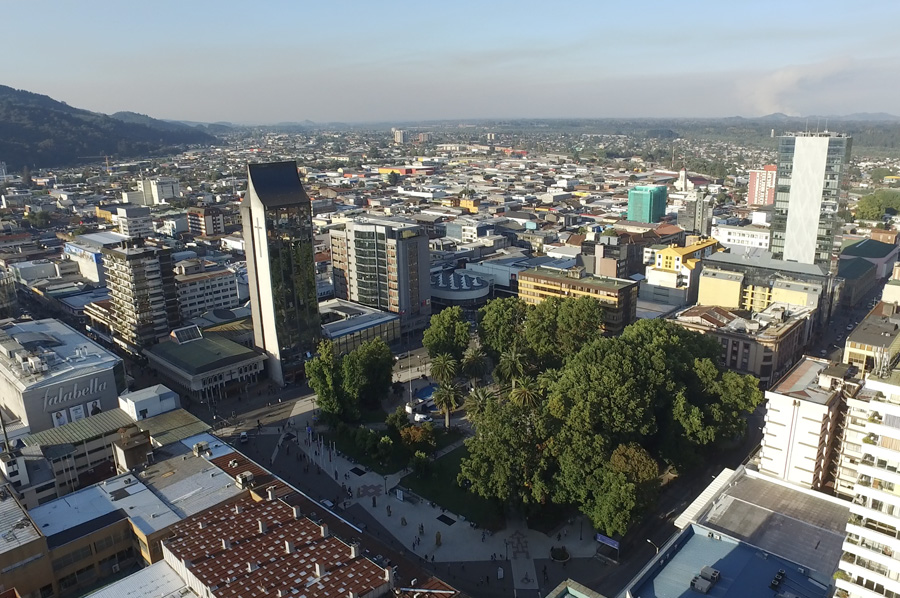
Temuco is the capital city of Región de La Araucanía, and it is located about 700 kilometers to the south of Santiago(Chilean capital city), where you can get by plane or bus.
By plane, from the Arturo Merino Benítez International Airport to La Araucanía Airport, the flight time is approximately 1:20 hours; upon arrival, you can take a taxi or transfer to Temuco, located about 20 kilometers away from the airport, to the north.
A second option is to use public transportation buses, for which you need to go from the airport to the Bus Stop, where there is a variety of bus
companies, price options and schedules(day and nighttime); the trip time is about 9 hours. Once in Temuco Bus Stop(Rodoviario) the trip to University can be made by taxi, or public transportation.
COME TO CHILE
Chile invites you to discover its unforgettable biodiversity, culture, landscapes and wonderful people. Travel through this vast territory exploring the most arid desert in the world, millenary glaciers in the most southern areas of the planet, forests and lakes located at the foot of volcanoes that impress us with its beauty. Magical islands full of tradition, indigenous communities who delight us with their gastronomic customs and legends, are part of the daily life of the people of the south of the world.
COMING TO TEMUCO LA ARAUCANÍA
In the south of Chile, you will find a growing university destination made of quality and excellence: Universidad de La Frontera. Located in the city of Temuco, this higher education center is embedded in the very heart of Región de La Araucanía, characterized by its cultural diversity, the warmth of its people and a privileged natural environment.
With years it has become an interesting destination for young people and professionals, both local and foreigners, who have chosen to continue their
studies in an attractive city and with an extensive academic offer.
Distant 700 kilometers away from Santiago (Chilean capital city), this region stands out for its millenary native forests, lakes, rivers, well desired spring waters as well as National Parks and Reserves which you can explore through their trails. Its coastal zone is also remarkably beautiful, which
invites you to enjoy local cuisine and all the generosity of seafood.
Together with nature, this region also stands out thanks to its cultural and historical legacy coming from Mapuche people, whose community and heritage can be admired in different destinations, all of which renders identity to this zone and opens space for intercultural coexistence.
HOW TO GET TO TEMUCO
Temuco is the capital city of Región de La Araucanía, and it is located about 700 kilometers to the south of Santiago(Chilean capital city), where you can get by plane or bus.
By plane, from the Arturo Merino Benítez International Airport to La Araucanía Airport, the flight time is approximately 1:20 hours; upon arrival, you can take a taxi or transfer to Temuco, located about 20 kilometers away from the airport, to the north.
A second option is to use public transportation buses, for which you need to go from the airport to the Bus Stop, where there is a variety of bus
companies, price options and schedules(day and nighttime); the trip time is about 9 hours. Once in Temuco Bus Stop(Rodoviario) the trip to University can be made by taxi, or public transportation.
Subcategories
FACULTIES AND PROGRAMS
| FACULTY OF LEGAL & BUSINESS SCIENCE | FACULTY OF AGRICULTURAL AND FORESTRY SCIENCE | FACULTY OF DENTISTRY | |
| • PublicAccountant and Auditor • Law • Business Engineering |
• Agronomy • Biotechnology • Engineering in Natural Resources |
• Dentistry | • Veterinary Medicine |
| FACULTY OF ENGINEERING AND SCIENCE | FACULTY OF MEDICINE | FACULTY OF EDUCATION, SOCIAL SCIENCE & HUMANITIES | |
|
• Civil Engineering |
• Nursing |
• Bachelor of Social Sciences |




